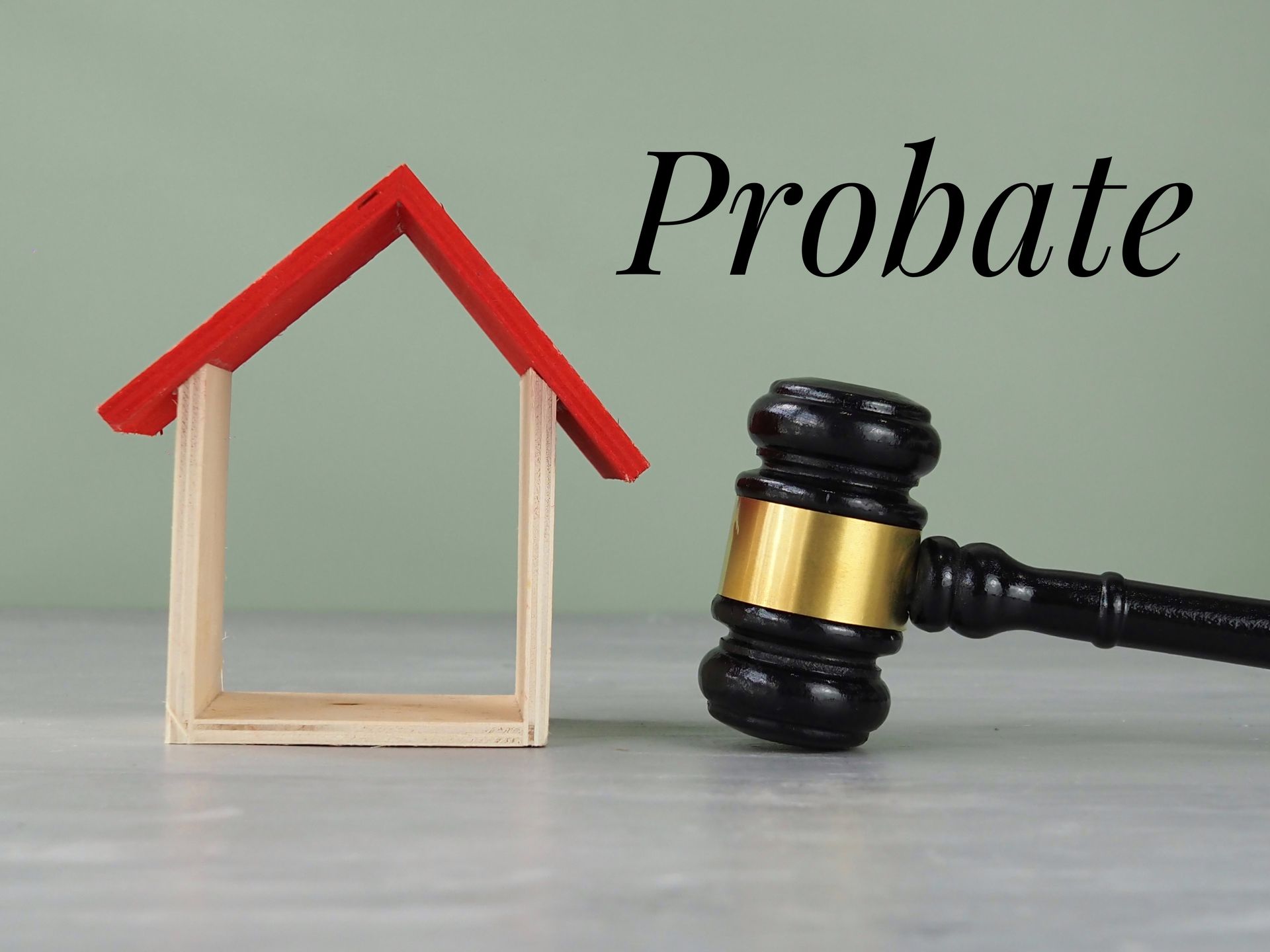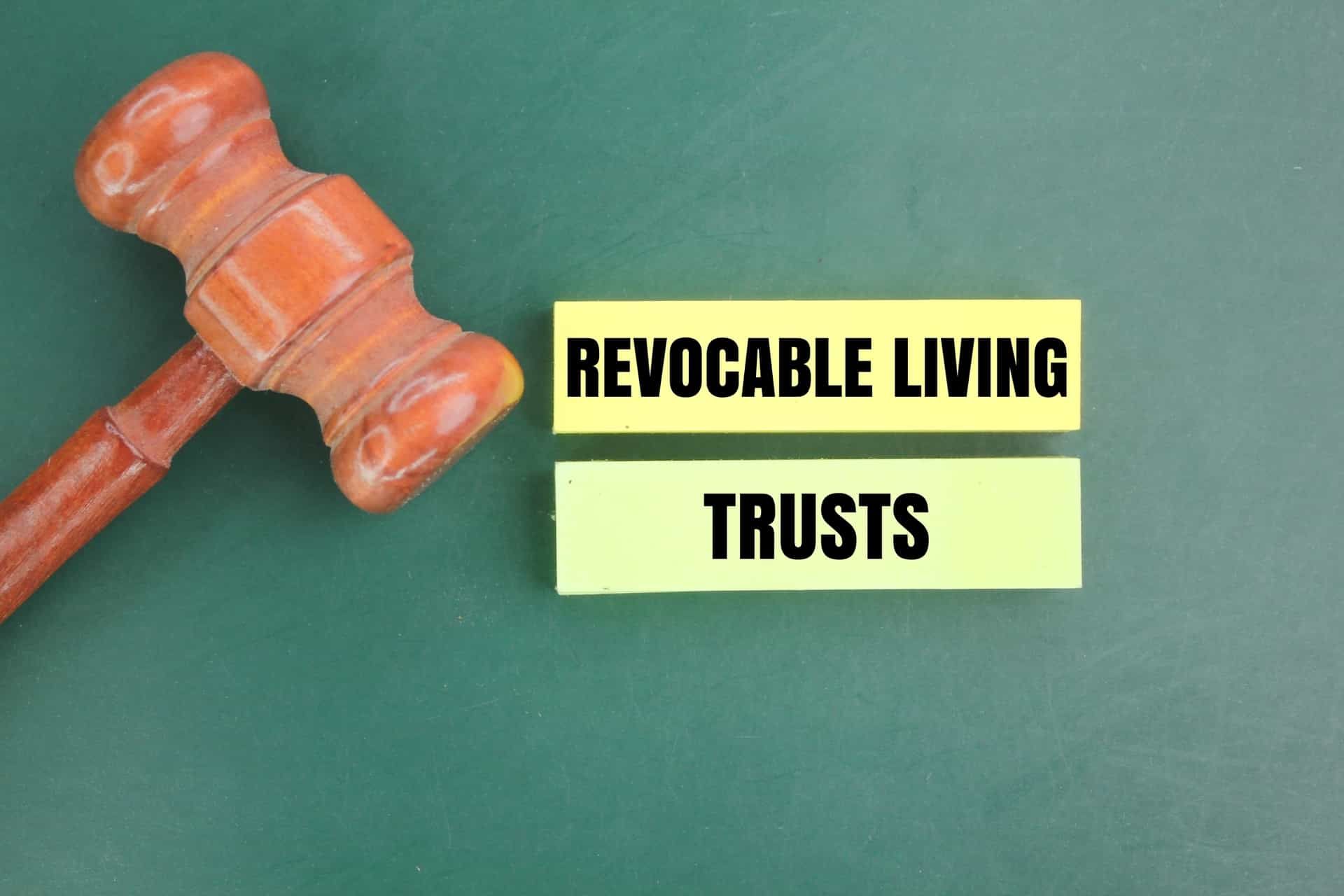Living Trust vs Will: Which Is Right for You?
Estate planning is a crucial process that helps ensure your assets are distributed according to your wishes after death. Two standard tools used in estate planning are living trusts and wills. Both have advantages and disadvantages. Choosing the right one depends on your needs and circumstances.
We will explore the differences between living trusts and wills, their pros and cons, and how to determine which is best for you.
What is a Living Trust?
A
living trust, also known as an inter vivos trust, is a legal document that places your assets into a trust during your lifetime. You can manage the trust yourself or appoint a trustee to handle it. Upon your death, the assets are transferred to your designated beneficiaries without going through probate.
Types of Living Trusts
1.Revocable Living Trust: This type of trust can be altered or revoked by the grantor (the person who creates the trust) at any time. It allows you to retain control over your assets and make changes as needed.
2. Irrevocable Living Trust: This trust cannot be modified or revoked once established. It offers excellent protection against creditors and estate taxes but limits your asset control.
What is a Will?
A
will is a legal document outlining how you want your assets distributed after death. It allows you to name beneficiaries, designate guardians for minor children, and specify how debts and taxes should be paid. Unlike a living trust, a will must go through probate, the legal process of validating the will and distributing the assets.
Types of Wills
1.Simple Will: This straightforward document outlines your wishes for asset distribution, guardianship of minor children, and other final arrangements.
2. Testamentary Trust Will: This will create a trust upon your death to manage and distribute assets to beneficiaries.
3. Pour-Over Will: This will ensure any assets not included in a living trust are transferred into the trust upon your death.
Critical Differences Between Living Trusts and Wills
1. Probate Process
The probate process is one of the most significant differences between a living trust and a will.
- Living Trust: Assets in a living trust do not go through probate. This can save time and money and keep the details of your estate private.
- Will: A will must go through probate, which can be lengthy and costly. Probate also makes the details of your estate a matter of public record.
2. Control and Flexibility
- Living Trust: With a revocable living trust, you retain control over your assets and can make changes at any time. However, an irrevocable trust limits your control but offers more excellent protection.
- Will: You have complete control over your assets and can modify your will until death. However, once you pass away, the terms will become irrevocable.
3. Privacy
- Living Trust: The terms of a living trust are not public, providing privacy for your estate and beneficiaries.
- Will: Once it goes through probate, a will becomes a public document, making the details of your estate accessible to anyone.
4. Guardianship of Minor Children
- Living Trust: While a living trust can provide for the financial needs of minor children, it cannot designate guardianship. This must be done through a will.
- Will: A will allows you to name guardians for minor children, ensuring their care and well-being according to your wishes.
5. Costs and Complexity
- Living Trust: Building a trust can be more expensive and complex than drafting a will. It requires ongoing management and the transfer of assets into the trust.
- Will: A will is generally more straightforward and less costly to create. However, the probate process can incur additional expenses and complexities.
Pros and Cons of Living Trusts
Pros
1.Avoids Probate: Assets in a living trust bypass probate, saving time and money.
2. Privacy: The terms of a living trust are not public, keeping your estate details private.
3. Continued Management: In case of incapacitation, a successor trustee can manage your assets without court intervention.
4. Flexibility: A revocable living trust allows you to make changes as needed.
Cons
1.Initial Costs: Creating a living trust can be more expensive than drafting a will.
2. Ongoing Management: You must actively manage the trust and transfer assets.
3. Limited Guardianship Provisions: A living trust cannot designate guardians for minor children.
Pros and Cons of Wills
Pros
1.Simplicity: Wills are generally more accessible and less costly to create.
2. Guardianship: You can designate guardians for minor children.
3. Flexibility: You can modify your will at any time during your lifetime.
4. Specific Instructions: A will allow you to specify detailed instructions for asset distribution.
Cons
1.Probate: Wills must go through probate, which can be time-consuming and expensive.
2. Public Record: The terms of a will become public during probate, compromising privacy.
3. No Incapacity Protection: A will does not provide for the management of assets if you become incapacitated.
Which is Right for You?
Deciding between a living trust and a will depends on your circumstances and goals. Here are some factors to consider:
- Complexity of Your Estate: If you have a large or complex estate, a living trust may be beneficial to avoid probate and manage assets effectively.
- Privacy Concerns: If privacy is important to you, a living trust can keep the details of your estate confidential.
- Guardianship Needs: If you have minor children, you will need a will to designate guardians.
- Cost Considerations: A will is generally less expensive, but a living trust can save money in probate costs over time.
- Management During Incapacity: A living trust provides for managing your assets if you become incapacitated, whereas a will does not.
Conclusion
Both living trusts and wills have advantages and disadvantages; the right choice depends on your needs and circumstances. A living trust can offer benefits such as avoiding probate and maintaining privacy. At the same time, a will provides simplicity and allows guardianship designations. It’s essential to consult with an estate planning attorney to discuss your options and create a plan that best suits your goals.
At Doane & Doane, we specialize in helping clients navigate the complexities of estate planning. Whether you need a living trust, a will, or both, our experienced attorneys can guide you through the process and ensure your wishes are honored. Contact us today to schedule a consultation and take the first step toward securing your legacy.
Disclaimer: The information on this website and blog is for general informational purposes only and is not professional advice. We make no guarantees of accuracy or completeness. We disclaim all liability for errors, omissions, or reliance on this content. Always consult a qualified professional for specific guidance.
RECENT POSTS






